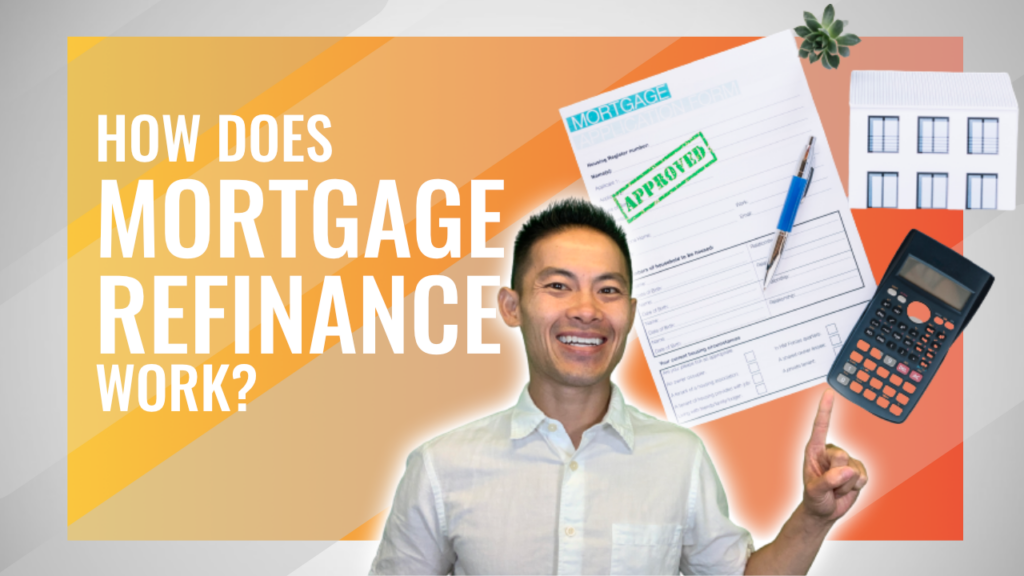Understanding Property Depreciation: What Multi-Property Owners Need to Know
Reading Time: 3 minutesDepreciation is an accounting method used to allocate the cost of a tangible asset over its useful life. For property owners, this means gradually deducting the expense of purchasing and improving a property from their taxable income, reflecting the wear and tear or obsolescence of the asset over time. Why is it Important for…

Depreciation is an accounting method used to allocate the cost of a tangible asset over its useful life. For property owners, this means gradually deducting the expense of purchasing and improving a property from their taxable income, reflecting the wear and tear or obsolescence of the asset over time.
Table of Contents
Why is it Important for Multi-Property Owners?
For multi-property owners, understanding depreciation is crucial not only for accurate financial reporting but also for maximizing tax benefits. By effectively utilizing depreciation, property owners can significantly reduce their taxable income, resulting in substantial tax savings. This can enhance cash flow and improve the overall profitability of their real estate investments.
Key Concepts for Multi-Property Owners

1. Cost Basis
The cost basis of a property is calculated as the purchase price minus the value of the land, plus any improvements made to the property. This figure serves as the foundation for determining depreciation.
Accurately determining the cost basis is essential because it affects the total amount that can be depreciated over the asset’s useful life. A higher cost basis allows for greater depreciation deductions, which can lead to increased tax savings.
2. Depreciation Methods
General Depreciation System (GDS): Under GDS, residential rental properties are depreciated over 27.5 years. This is the default method for most property owners.
Alternative Depreciation System (ADS): ADS allows for a longer depreciation period of 30 years. It is typically used in specific circumstances, such as when the property is used predominantly for non-residential purposes or when the owner opts for this method for other strategic reasons.
GDS is generally the preferred method due to its shorter depreciation period, resulting in larger annual deductions. However, ADS may be more beneficial in certain situations, such as when a property is held for a longer term or when the owner anticipates a lower tax bracket in future years.
3. Depreciation Schedule
A depreciation schedule outlines how the cost basis is spread out over the useful life of the property. This schedule determines the annual tax deduction that property owners can claim. By consistently applying the depreciation schedule, owners can effectively manage their tax liabilities and improve cash flow.
Additional Considerations for Multi-Property Owners

Land vs. Building Depreciation
It’s important to note that land itself cannot be depreciated. Only the building and improvements on the land qualify for depreciation.
Property owners must accurately allocate the cost basis between land and building to ensure that they only depreciate the appropriate portion. This allocation is typically based on the property’s appraisal or tax assessments.
Recapture of Depreciation
When a property is sold, any depreciation claimed during ownership may be subject to recapture. This means that the IRS may tax the depreciation amount previously deducted, potentially leading to a significant tax liability.
The recapture tax rate can be as high as 25%, making it essential for property owners to plan for this potential tax impact when considering the sale of a property.
Special Considerations for Multi-Unit Properties
Multi-unit property owners have the option to depreciate individual units separately or as a whole. This decision can affect cash flow and tax strategies, making it important to evaluate the implications of each approach.
Conclusion
Understanding depreciation is vital for multi-property owners seeking to optimize their tax strategies and enhance their investment returns. By grasping key concepts such as cost basis, depreciation methods, and tax implications, property owners can make informed decisions that benefit their financial health.
Consulting with a tax advisor can provide tailored guidance, ensuring that property owners maximize their depreciation benefits while remaining compliant with tax regulations.
If you’re a multi-property owner looking to navigate the complexities of depreciation and maximize your investment returns, contact Green Ocean Property Management today. Our expert team is here to provide you with personalized advice and support, helping you make the most of your real estate investments.
Reach out to us for a consultation!
Mastering Effective Property Management
Reading Time: 2 minutesDiscover key strategies in property management to boost property value and ensure seamless operations. Learn how effective management can enhance your real estate assets.
Mortgage and Refinance: A Guide for Beginners
Reading Time: 2 minutes A property whether it is a single-family or a multifamily home is a an investment for any real estate investor. One way to leverage it is by refinancing. Refinancing allows real estate investors to lower the rate and increase the returns or cash-out money from the appreciation of the property. This allows them to…
Sustainability on a Budget: Practical Tips for Eco-Friendly Living
Reading Time: 3 minutesIn today’s world, there’s a growing awareness of the importance of living sustainably. Creating a sustainable home doesn’t have to break the bank. With a little creativity and effort, you can make eco-friendly choices that are both budget-friendly and good for the planet. Here are some practical tips for eco-friendly living and achieving a…








